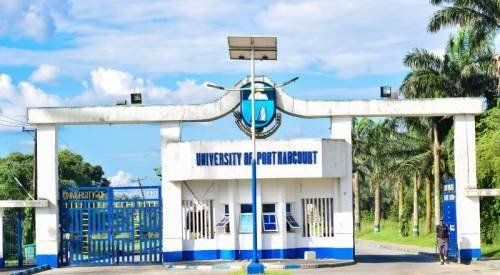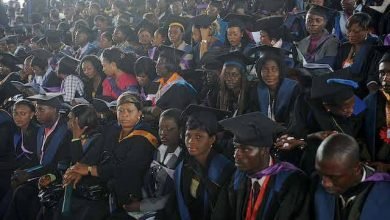Educator’s Handbook
Each of the following policies have been approved by the Medical Education Council. Portions of this educator’s handbook are indexed to Liaison Committee on Medical Education’s (LCME) Standards for Accreditations of Medical Education Programs. The applicable standard is in parentheses after the headings below.
Collegiate Learning Objectives
Standing Education Committees
Medical Education Council (1.1)
Curriculum Strand Directors Committee (1.1)
Assessment Committee (1.1)
Clinical Experiences Committee (1.1)
Medical Arts and Sciences Committee (1.1)
Professionalism
Statement on professionalism (3.5)
Student Mistreatment
Defining mistreatment (3.6)
Reporting mistreatment (3.6)
Investigating and resolving mistreatment (3.6)
Appealing a finding of mistreatment (3.6)
Student Work Hours
Pre-clinical student work hours (6.3)
Clinical student work hours (6.3)
Dissemination of Course and Clerkship Learning Objectives
Pre-clinical courses (6.1)
Clinical Clerkships (6.1)
Students (6.1)
Review of learning objectives (9.1)
General Course and Clerkship Guidelines
Supporting student success
Standards for evaluations
Honors and near-honors grade distribution
Reasonable accommodations
Remediation
The Honor Code
Absences
Approval of New Courses
Clinical Student Supervision and Assessment
Expectations for clerkship directors (9.3)
Expectations for attending physicians and resident physicians (9.3)
Narrative assessment requirement (9.5)
Clinical evaluations
Feedback requirements (9.7)
Grades (9.8)
Healthcare providers involvement in student assessment (12.5)

Organisation Studies and Human Resource Management
An Educator’s Handbook
This book advances educational understanding and practice in Organisation Studies and Human Resource Management (OSHRM). It develops new theoretical perspectives on learning in OSHRM and introduces and evaluates a range of educational approaches, methods and techniques to advance teaching and assessment and student learning in the field.
Chapters are evidence-based and provide practical advice for enhancing the effectiveness of OSHRM programmes and courses in universities, colleges and human resource development settings globally. With contributions from leading educators in OSHRM, the book both advances understanding and provides practical guidance for the design of programmes, courses and classes. Importantly, it illustrates innovative classroom and virtual learning experiences that will secure student engagement; cultivate critical and creative thinking; and enhance students’ employability, leadership and enterprise capabilities. A distinctive contribution of the book lies in the inclusion of student viewpoints on the understandings and educational advances proposed by the authors. Significantly, the book demonstrates how recent changes affecting higher education, such as globalisation, mass participation and marketisation, and, most recently, the pandemic crisis, can be embraced as opportunities to advance both educational understanding and educational policy and practice in OSHRM.
This book will be invaluable for university educators internationally in the fields of OSHRM and for HR developers working in management and leadership development, and the book has relevance to both groups whatever their career stage, from absolute beginners through to advanced practitioners.









